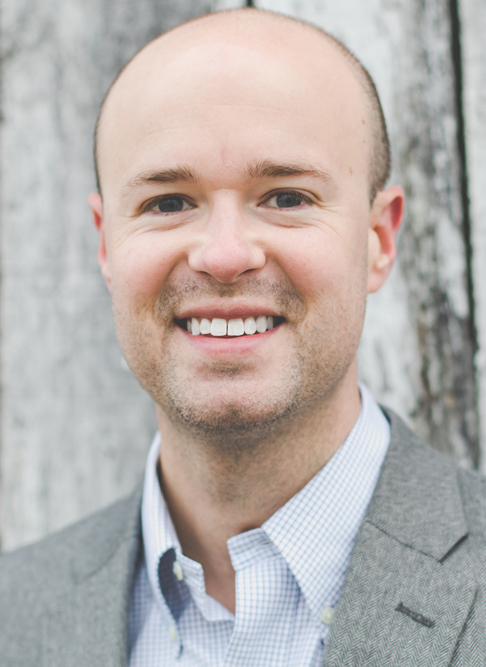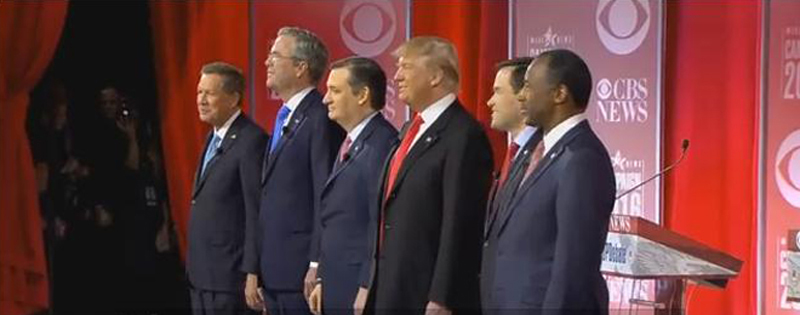
WASHINGTON (BP)–President Bush’s first group of federal judicial nominees contains the kind of judges the country needs, the head of the Southern Baptist Convention’s public policy agency said.
The president recently submitted nine federal judges of his own initiation and two others nominated previously by former President Clinton. Some liberal advocacy organizations attacked Bush’s choices, with one nominee known as a strong advocate of religious liberty singled out for criticism.
Richard Land, president of the Southern Baptist Ethics & Religious Liberty Commission, disagreed with those critics, saying, “President Bush is doing what he was elected to do — put strict constructionists on the federal bench at every level who interpret the Constitution, not rewrite it to reflect their own views and perspectives.”
An indication of how well the nominees other than the Clinton holdovers reflect that philosophy, Land said, can be found “in the howls of protest from the radical, liberal groups in this country that know that having judges like these on the bench will subvert their agenda from being rammed down the American people’s throat by judicial fiat. Well done, Mr. President. Give us more of these.”
In announcing his initial selections, Bush said May 8, “Every judge I appoint will be a person who clearly understands the role of a judge is to interpret the law, not to legislate from the bench. To paraphrase the third occupant of this house, James Madison, the courts exist to exercise not the will of men but the judgment of law. My judicial nominees will know the difference.”
Criticism came quickly from some groups that have opposed such nominees in the past.
“This slate of candidates appears to have been packaged to push the envelope far to the right,” said Ralph Neas, president of People for the American Way, in a written release. Calling the nominees “almost homogeneous in their ultraconservative beliefs,” Neas challenged the U.S. Senate, which must confirm federal judges, to examine each person.
Americans United for Separation of Church and State, meanwhile, unleashed harsh criticism of a single nominee, University of Utah Law School professor Michael McConnell. Bush nominated McConnell to the U.S. 10th Circuit Court of Appeals.
“McConnell’s record is one of relentless hostility for individual rights,” said Barry Lynn, AU’s executive director, in a written statement. “I urge the Senate to swiftly reject his nomination.
“McConnell is the religious right’s dream court nominee. He’s a conservative Christian who’s willing to use the force of government to impose his viewpoint.”
AU criticized McConnell’s positions on church-state relations, including his support for education vouchers and government aid to ministries to the needy, as well as his opposition to Roe v. Wade, the 1973 Supreme Court opinion legalizing abortion.
While McConnell has taken positions different than those espoused by strict separationist church-state organizations, he also has defended the rights of minority religions in Supreme Court cases.
Kevin Hasson, president of The Becket Fund for Religious Liberty, called Lynn’s criticism of McConnell a “tawdry effort at character assassination.” McConnell serves on The Becket Fund’s board of advisors and is a member of the Christian Legal Society.
Another nominee, Texas Supreme Court Justice Priscilla Owen, has consistently defended a state law requiring parental notification before a minor can obtain an abortion, according to a report by Pro-life Infonet. The president appointed Owen to the Fifth Circuit Court of Appeals.
The other nominees are:
— Terrence Boyle, federal judge, to the Fourth Circuit Court of Appeals.
— Edith Clement, federal judge, to the Fifth Circuit.
— Deborah Cook, Ohio Supreme Court justice, to the Sixth Circuit.
— Miguel Estrada, lawyer, to the D.C. Circuit.
— Roger Gregory, federal judge, to the Fourth Circuit.
— Barrington Parker Jr., federal judge, to the Second Circuit.
— John Roberts Jr., lawyer, to the D.C. Circuit.
— Dennis Shedd, federal judge, to the Fourth Circuit.
— Jeffrey Sutton, lawyer, to the Sixth Circuit.
Gregory and Parker were nominated previously by Clinton.
–30–
















